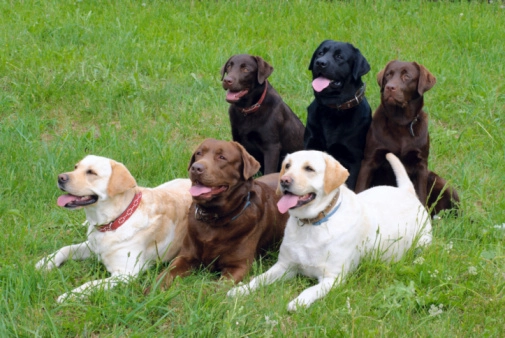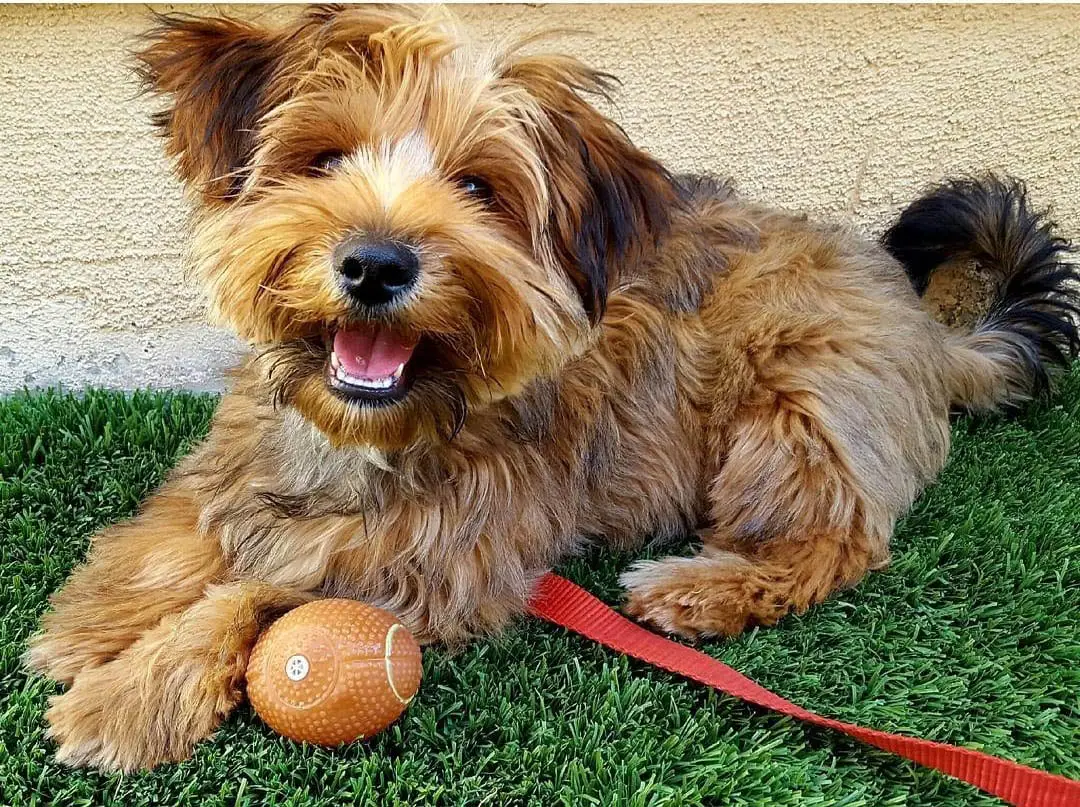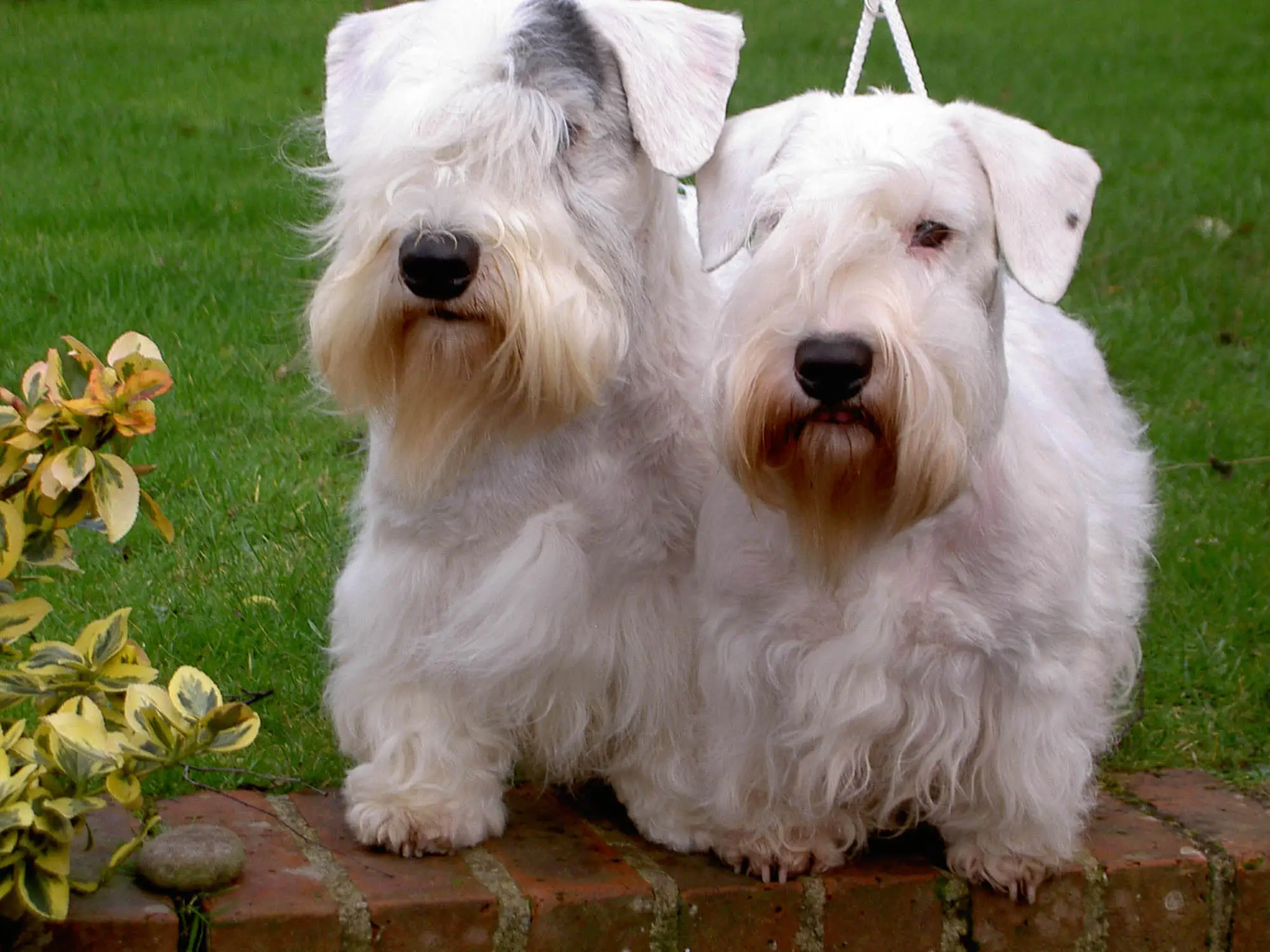Definition of Canine Coronavirus
Canine Coronavirus or CCoV is a contemporary intestinal condition of the dogs. First identification was in England in the year 1971. And since then it has spread all over the world within a short span of time. We know that Coronaviruses is there in many other animals such as cats, pigs, etc. These are RNA viruses named after the corona like halos which always appears under the microscope.
These viruses typically affect one species, but constant development of new strains can make the viruses more powerful, and their spectrum of victims in the can include new species. Experts believe that Coronaviruses came from the pigs, while the latest version of CCoV, which has transformed into Canine respiratory coronavirus, may have originated from the cattle.
Signs, symptoms, and Types of Coronavirus
Signs
Older dogs have mild or no symptoms, whereas young pups can show some noticeable signs of this condition. Whenever the owner sees any of the signs mentioned below, he should immediately give a call to the vet.
[gallery columns="2" ids="18158,18159"]
1.Liquid diarrhea
2.Nausea with loss of appetite
3.Frequent bloat
4.Fever
5.Sneezing or coughing including other respiratory symptoms
Types
These viruses can mutate quickly and are found in various forms.
1.Coronavirus enteritis is the most common type of coronavirus. It can rarely get serious and not only the adults but also the young pups show no signs.

2.Canine respiratory coronavirus is a new version of the virus. This was discovered in the year of 2003. Expert call this a probable mutant of the bovine virus. It mainly affects the respiratory side of the dog and causes issues like cold and cough. Signs and symptoms are just like a human cold. Canine respiratory coronavirus is one of the causes of something called kennel cough. These kind of coronaviruses are much more common in Japan and some other European countries.
3.The Pantropic version of the coronavirus is quite rare and can cause potentially fatal infections in the dog.
Different causes of Canine Coronavirus
A dog gets this condition through direct interaction with the affected animal. There are several other factors which can make the infection very serious.

1.Being in a kennel for a prolonged period
2.A dog show with a lot of crowds
3.Overcrowding
4.A dog or a pup with a weak immune system
5.A combination with any other condition
Diagnosis and Test
A vet will do the diagnosis and test for this condition according to the symptoms accompanying the condition. One can suspect an adult dog or a young pup to be suffering from coronavirus if the animal lives in a place with a lot of crowds. A young pup can have occasional episodes of liquid diarrhea. With other signs like frequent vomiting and fever.
The owner can also palpate the belly of the animal, and if it is suffering from coronavirus, it will have a bloated stomach. The belly will appear to be hard. Some people often confuse this condition with the canine parvovirus. The vet can get definite of the condition by checking the feces of the dog under the microscope. This beforementioned procedure is very time-consuming.

Treatment
Dehydration is the most common result of coronavirus. The owner will have to teach the animal to drink water at frequent intervals. Pedialyte is a good option tom hydrate the puppies naturally. In many cases, the pet is unable to drink liquids, so liquid requirements can be fulfilled intravenously. The vet may prescribe various medications for the symptoms of the condition. Metoclopramide will relax the intestine, and famotidine and other acid blockers will provide a coat to the intestinal wall to protect it from inflammation.

.png)









